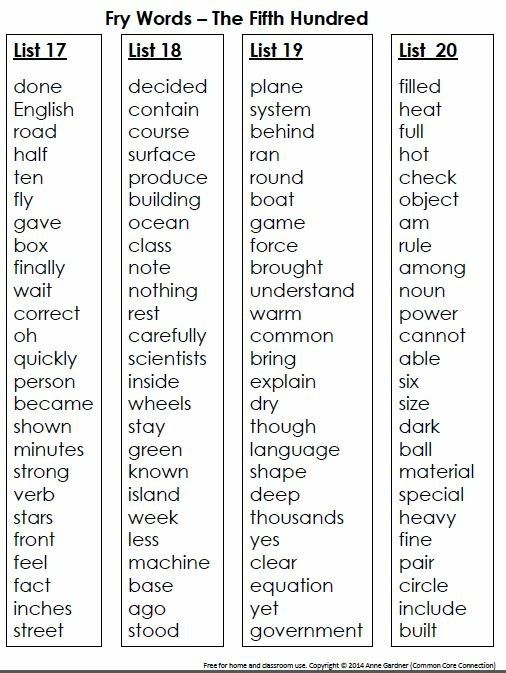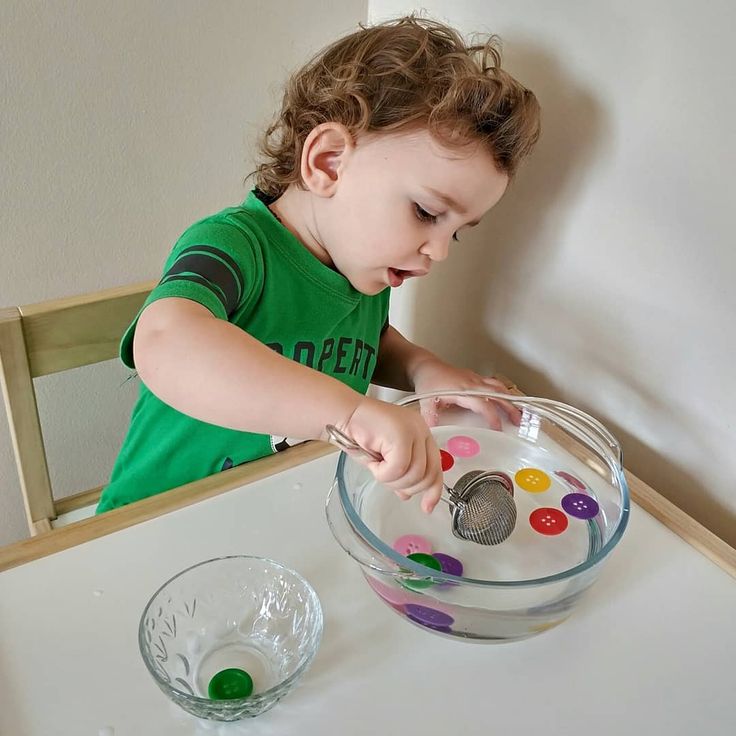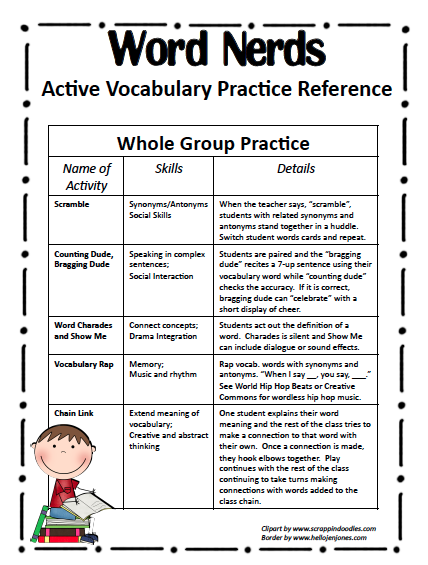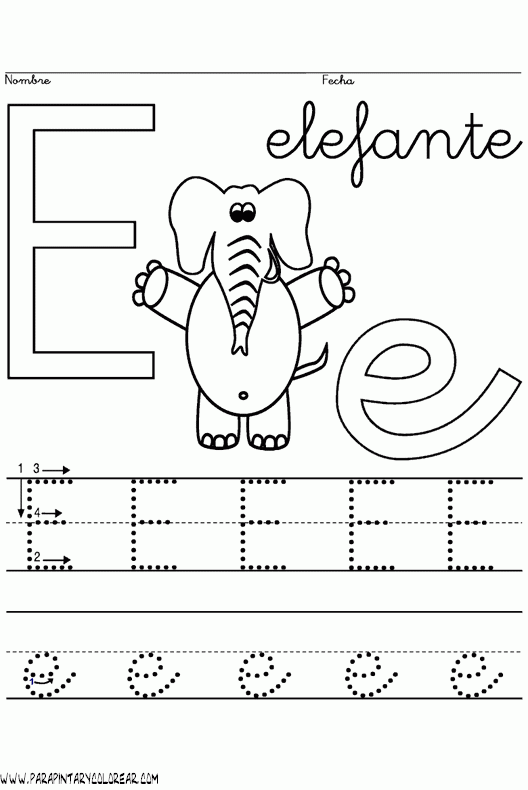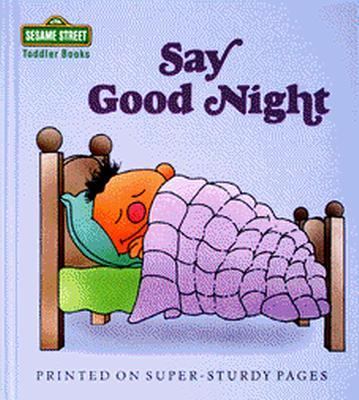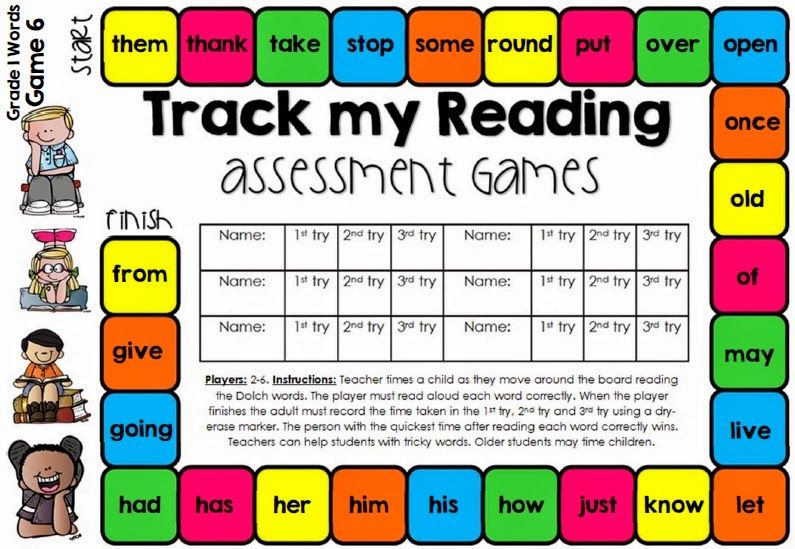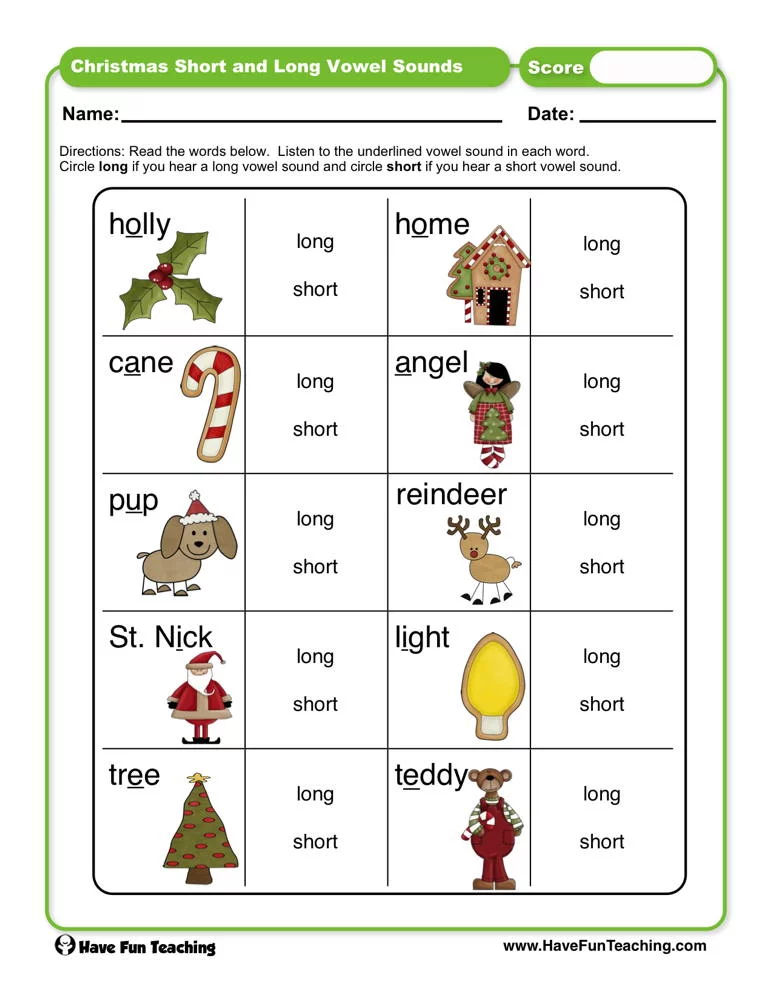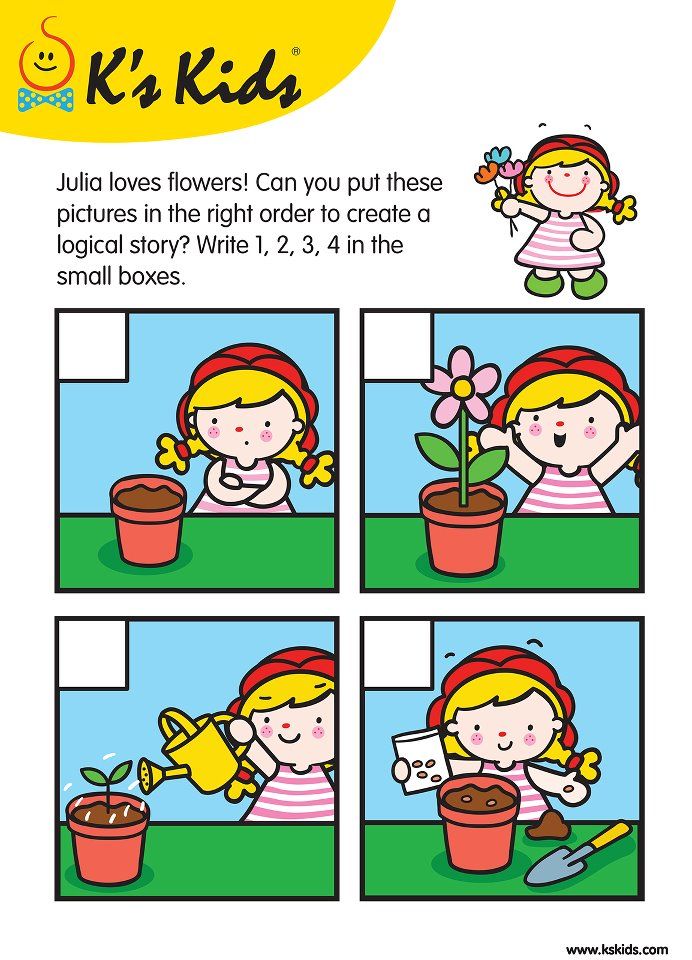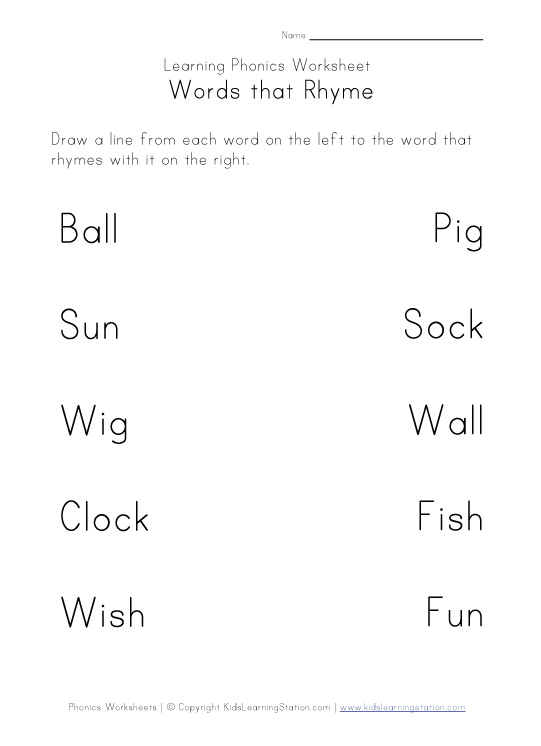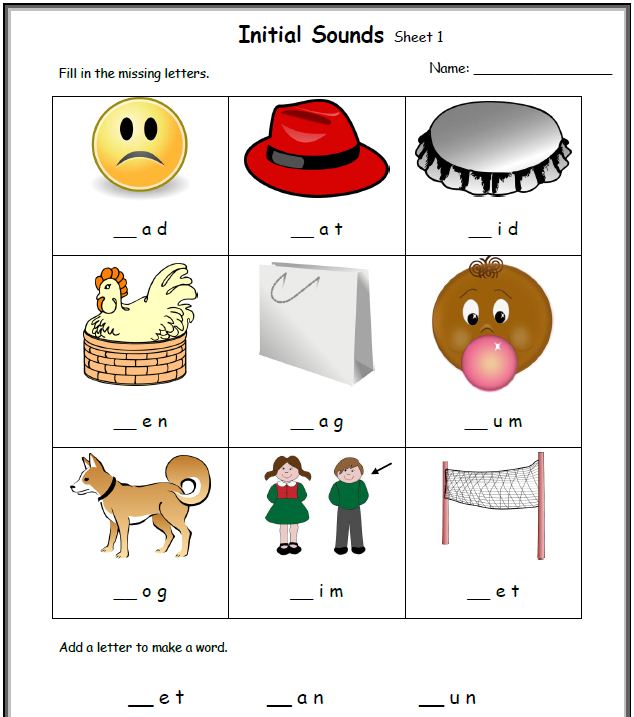How to memorize spelling words
How to Study Spelling Words: A Spelling Strategy for Students
By: Bruce Murray
When students study spelling words, they usually memorize a sequence of letters that they promptly forget once the test is over. Learn about a method for teaching kids spelling words that focuses them on the sequence of sounds in words first. Also learn tips for creating a successful spelling program.
Poor spellers often try to memorize a spelling as if it were an arbitrary letter string. Arbitrary strings are terribly hard to remember think how long it takes to learn a phone number and then imagine trying to learn 88,500 phone numbers, the estimated number of words in printed school English.
The following strategy helps the student focus on the pronunciation of a word before seeing its spelling. This helps the student understand that a spelling is a meaningful map of the pronunciation. When spellings are understood as pronunciation maps, they are much easier to remember.
First, try to get students to feel what their mouths are doing as they say the word. Here's an example:
- Say the word night
- Say each syllable if there are more than one.
- Stretch the word /nnn-iii-t-t-t/
- Work by syllables if necessary.
- If a sound can't be stretched, stutter it.
- Split up the sounds.
- Work by syllables if necessary.
- First sound? /n/
- Next sound? /i/
- Last sound? /t/
- Count the sounds. 3
- Draw blanks. ___ ___ ___
- The blanks stand for the sounds.
- Put slashes between syllables if necessary.
Next, help the student learn the spelling.
- Record the spelling sound by sound.
- On the first blank, write the letters n __ __
- On the next blank, write the next letters n igh __
- On the last blank, write the last letters n igh t
- If there are silent letters, caret them in.
- Study the spelling.
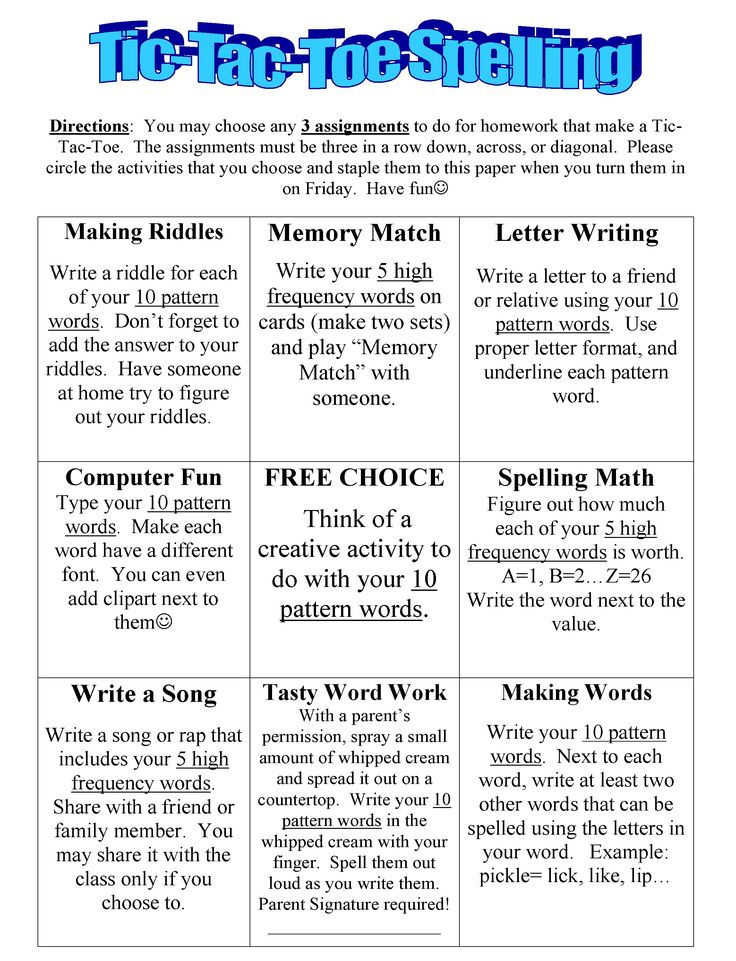
- Ask, what does [the pattern] say? In our example, what does igh say? Only ask about tricky parts.
- Write the word night
- Give the meaning.
- What does ______ mean? When it's dark out.
Here's a shortcut version of the above strategy for studying spelling words:
- Say
- Stretch
- Split up
- Count
- Draw blanks
- Record
- Study
- Write
- Give meaning
Excerpted and adapted from: Murray, B. (1999). How to Study Spelling Words. The Reading Genie, Auburn University.
Related Topics
Spelling and Word Study
New and Popular
100 Children’s Authors and Illustrators Everyone Should Know
A New Model for Teaching High-Frequency Words
7 Great Ways to Encourage Your Child's Writing
All Kinds of Readers: A Guide to Creating Inclusive Literacy Celebrations for Kids with Learning and Attention Issues
Screening, Diagnosing, and Progress Monitoring for Fluency: The Details
Phonemic Activities for the Preschool or Elementary Classroom
Our Literacy Blogs
Shared Reading in the Structured Literacy Era
Kids and educational media
Meet Ali Kamanda and Jorge Redmond, authors of Black Boy, Black Boy: Celebrating the Power of You
Get Widget |
Subscribe
9 Study Tips for Learning Spelling Words
There is no one way to memorize spelling words as each child learns differently.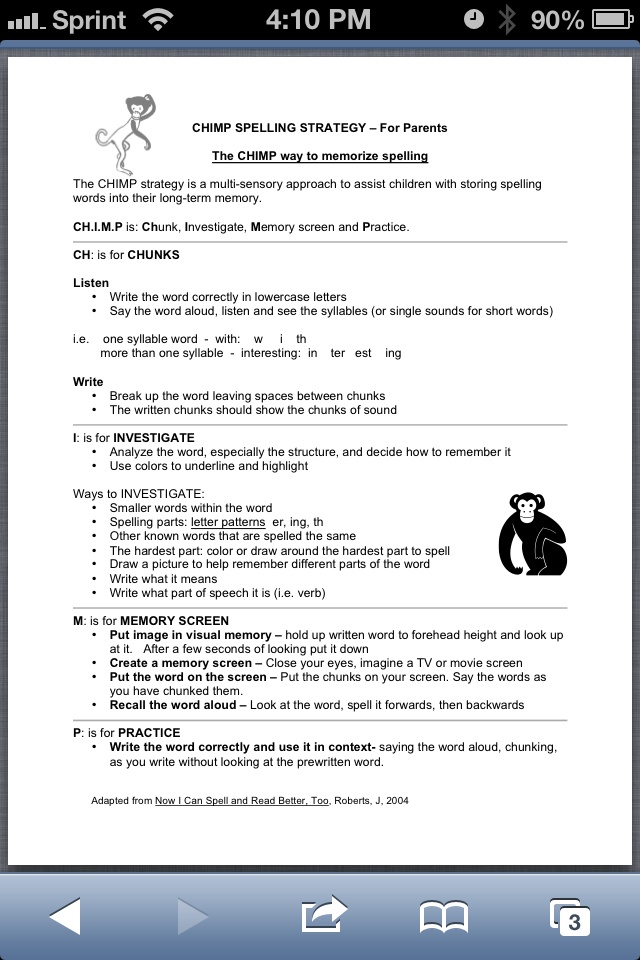 But there are definitely some study tips that can help a child learn spelling words that is more than just rote memorization.
But there are definitely some study tips that can help a child learn spelling words that is more than just rote memorization.
I had a conversation with a friend the other day about the methods our kids utilize to learn and memorize spelling words. That discussion brought to mind the many methods we've used to help learn spelling words (and by "we" I mean both my kids and myself!), so I thought I'd share some of those ideas here.
To memorize spelling words on their list, my kids used to simply write out their spelling words several times a day; but that didn't seem to be enough, and they would still misspell many of the words on their test. So we started to investigate how they learn words best (visually, kinesthetically, aurally, etc.), and we began incorporating some of the following techniques, which have proven to work very well for them. From our experience, I would think that the suggestions below would work best for kids who are visual learners like my kids are.
1. Drastically mispronounce the word to help recall the spelling. For example, say /par-lee-uh-ment/ for parliament or /ton-goo/ for tongue. This is one of the ways I still remember how to spell words correctly; I always think seh • pahr • ate instead of seh • purr • ate to remember that separate has an a in the middle and not an e. (Of course, if a child has trouble pronouncing the word in the first place, having them intentionally mispronounce it might be counterproductive!)
2. For words with a silent letter, pronounce the silent letter to help remember it's there. For example, walk becomes /wallk/ and sign becomes /sigg-en/.
3. Using a white board, print the word, but use a different color for the vowels so they stand out clearly.
4. Take note of the vowels in the word. Is there anything that stands out, such as there being all e's and no a's (such as in cemetery), or the vowels appear only in singles or pairs, or the vowels appear in alphabetical order, or every other letter is a vowel, etc.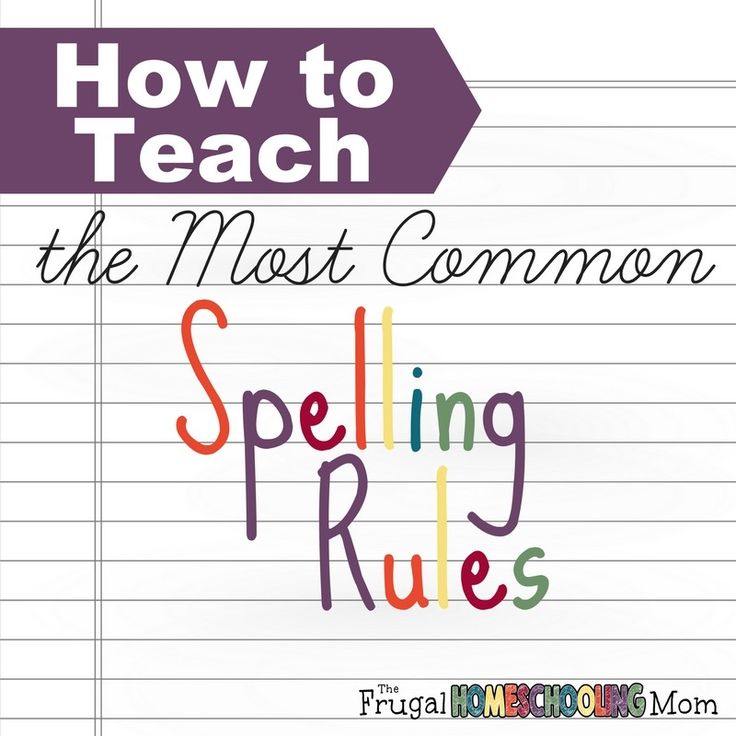 ).
).
5. Take note of any prefixes or suffixes. Separate those affixes from the main word when thinking about the spelling.
6. Write out the word in full, then circle any smaller, recognizable words you see in it. For example, threadbare can be thought of as th• read • bare and believe can be thought of as be• lie • ve. (Of course, you can then go on to say, "Don't believe a lie," to help you remember that there's a lie in believe.)
7. If there are no recognizable words (i.e. real words) in the larger words, then simply break the word up into chunks (or syllables if desired) that are easier to remember. Once the word is broken up, again it might be helpful to mispronounce the word by emphasizing the sound of those individual chunks.
8. For some words, such as license, which has two /s/ sounds, take note of the order of the letters that say /s/.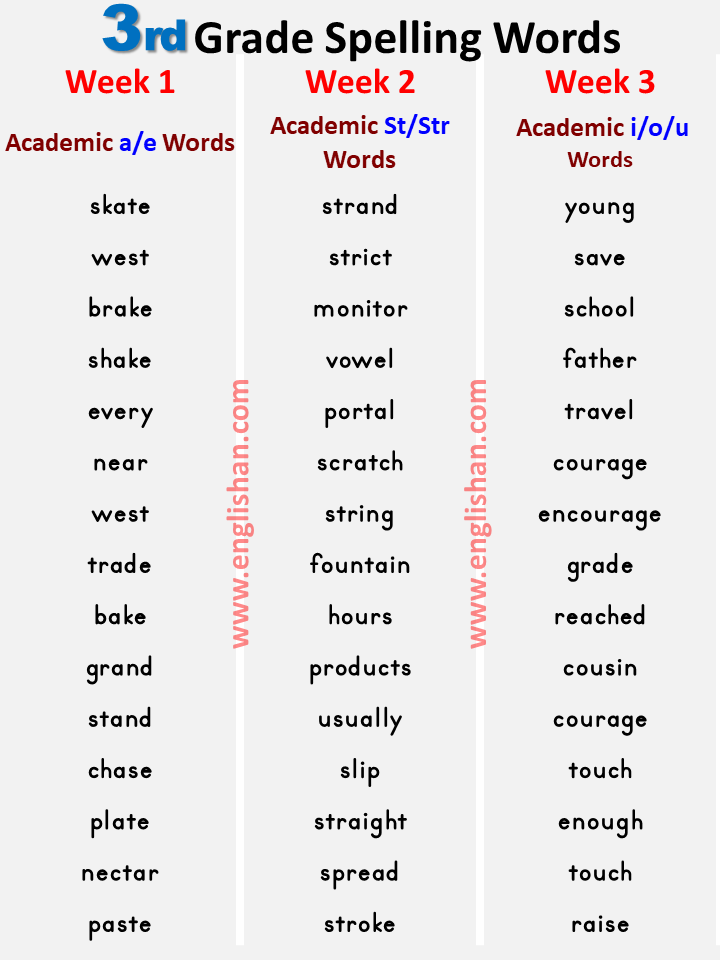 For example, in the word license, c comes before s, just as it does in the alphabet.
For example, in the word license, c comes before s, just as it does in the alphabet.
9. Circle any double letters, and, of course, take note of them. Again, mispronounce (overpronounce) the doubled letter to help remember it. For example, say hop • ping (and maybe even picture a bunny named "Ping" hopping!)
How to learn vocabulary words easily and with pleasure?
We are starting a series of letters dedicated to the Russian language, literacy, beautiful handwriting, teaching Russian to children.
And today we will talk about how to quickly and effectively learn vocabulary words. They, like the multiplication table, must be learned.
But if there are only 100 examples in the multiplication table, then at least 800 vocabulary words are studied at school. Usually, "difficult" and "difficult" children are given for independent memorization, or memorization with their parents.
We present to your attention little tricks on how to remember the spelling of vocabulary words
We divided them into classical methods, this is how they work with vocabulary words at school, and techniques for effectively memorizing words
Classical ways of memorizing vocabulary words
1.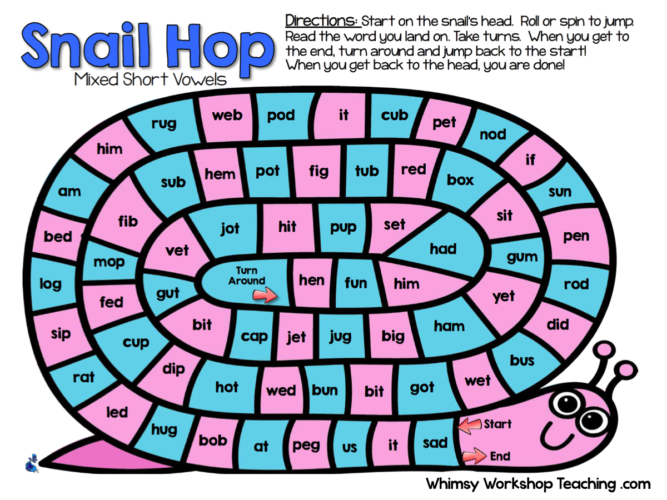 Reading words of a child. Write dictionary words into a dictionary
Reading words of a child. Write dictionary words into a dictionary
2. Explain the meaning of the word (if the child does not know the meaning of the word, use the dictionary) and say the possible reasons for writing the word in this way.
3. Spelling work on the word:
- setting the stress, highlighting the difficult letter in green,
- sound-letter analysis of the word,
- dividing the word into syllables and for transfer.
4. Learning the spelling of a given word:
- selection of words with the same root,
- compilation of a phrase, sentence with this word,
- selection of synonyms, antonyms, riddles, sayings with a given word.
5. Recording a word in a spelling dictionary.
6. Writing from memory
Techniques for memorizing words using effective learning techniques
7. Add a word or even several words to the dictionary word that you need to remember, where the letter being checked is heard very well.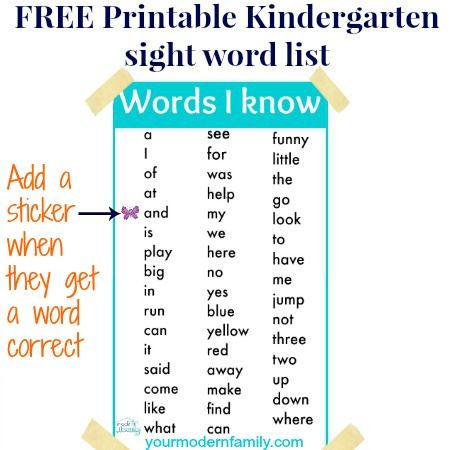
For example, the word MILK. You need to remember O.
We come up with associations: a horse drinks milk from a spoon
We present this picture with the child, focusing on the fact that the spoon and the horse tell us the desired letter
8. Write down the word with your eyes closed.
After the child reads the word, he writes it down on sheets of paper while blindfolded, it is better to use felt-tip pens or bright pens.
When a word is written, it must be considered.
This exercise gives children a lot of fun, and most importantly, it involves various organs of perception of information and enhances the effect of memorizing words.
9. Compare letters with geometric shapes. A is similar to a triangle, O is a circle, E is a rectangle.
And then, add shapes to the right word or draw with them.
For example, ORANGE
You can imagine a triangular plate on which lie "strange", rectangular and triangular oranges
10. Mnemotechnical method
Mnemotechnical method
them into a word and linking them into a bright association
What does this mean?
Remember, A-bus, B-drum, etc.
For example, we need to remember how to write ORANGE correctly
Imagine a Bus (A) full of Oranges that is stuck or hanging on Spruce (E)
.
Each word on a separate strip. Printed in large print. The child is shown the word for one second. And then he writes it down from memory. For one game, you can show 5-8 words.
Such a game develops attentiveness and increases interest in learning.
This Thursday there will be a free seminar where we will practice these and other powerful vocabulary memorization techniques.
You will learn:
- What to do when there are a lot of words, but soon a dictation?
- How to quickly remove errors in vocabulary words before the exam (VPR, OGE, USE)
- What should be done to memorize doubled consonants, or what should be done when there are several spellings in a word?
- What other effective methods of memorizing words are there?
- How to quickly learn to write correctly?
Indeed, in the age of Internet communication, the first impression of a person is created precisely by how competently he writes.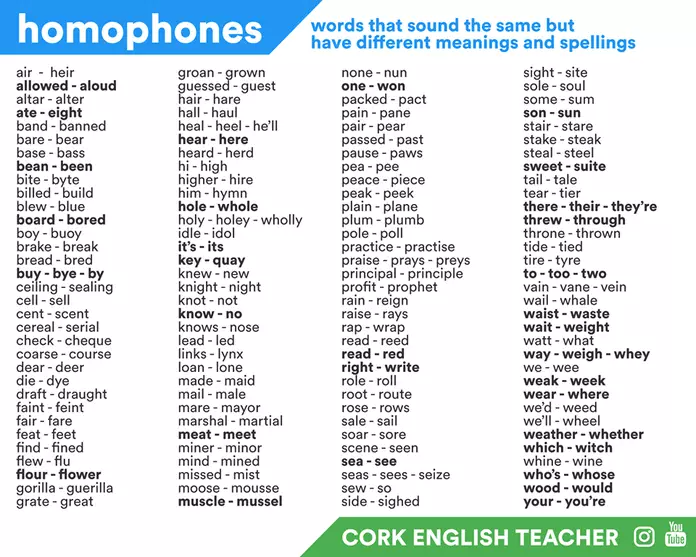
We will analyze the best strategies to improve literacy in training - How easy is it to remember vocabulary words?
In practice, we will work out the spelling of the top 50 most difficult words in the Russian language
And participants in the Premium version will also receive handouts - Lists of vocabulary words by class in a form convenient for practicing technology
You can register for the seminar here>>
In April we will hold 7 more similar programs, 3 free and 4 paid
Detailed schedule, as well as a special promotion for April in our group - https://vk.com/ rkirilina?w=wall-84297351_4208
Did you like the article? Save it to your wall so you don't lose it
How to learn vocabulary words - NAUMENOKO
There are many words in Russian that are not pronounced the way they are written. To write correctly this or that word, a person, in particular a student, needs to know the various spelling rules.
But there are words whose spelling cannot be verified.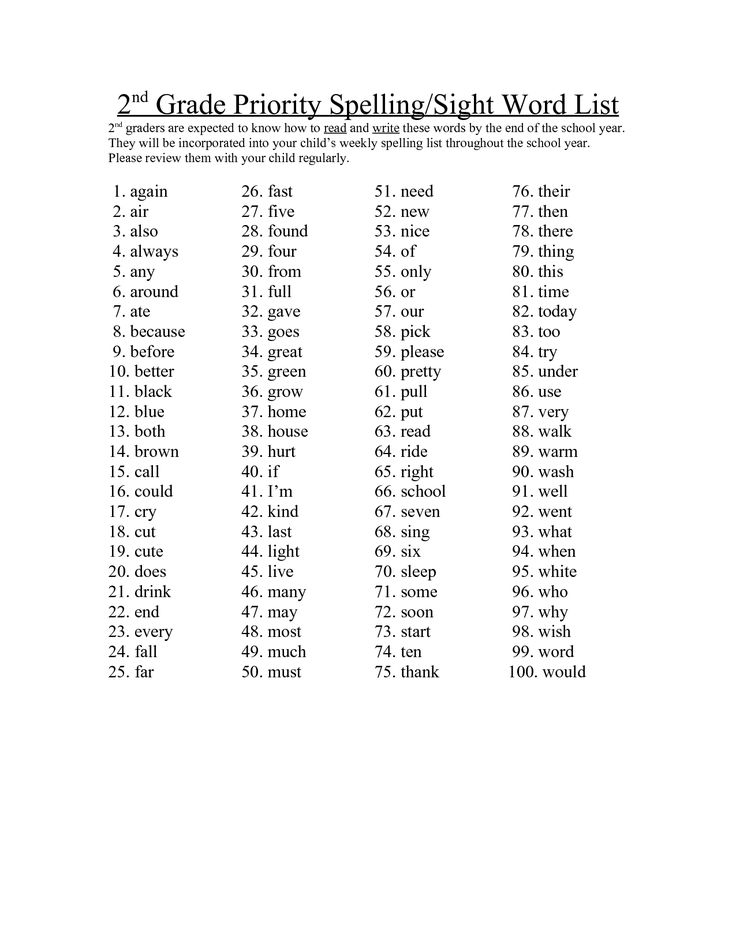 Such words were separated into a separate group and were called dictionary words.
Such words were separated into a separate group and were called dictionary words.
There are quite a lot of such words.
Passing through elementary school, of course, only part of these words. Usually at the end of each textbook on the Russian language there is a small spelling dictionary in which you can find the necessary minimum of words that the child needs to remember during the school year.
Some teachers prefer to keep their spelling dictionaries with students, dividing dictionary words into any groups according to various criteria.
But one way or another, the groups of vocabulary words for each year of primary school are roughly the same.
The main thing is that the spelling of dictionary words, like the multiplication table, must be known by heart!
The work of memorizing the correct spelling of vocabulary words is difficult and painstaking, and it continues from year to year, starting from grade 1.
You can memorize vocabulary words using various methods.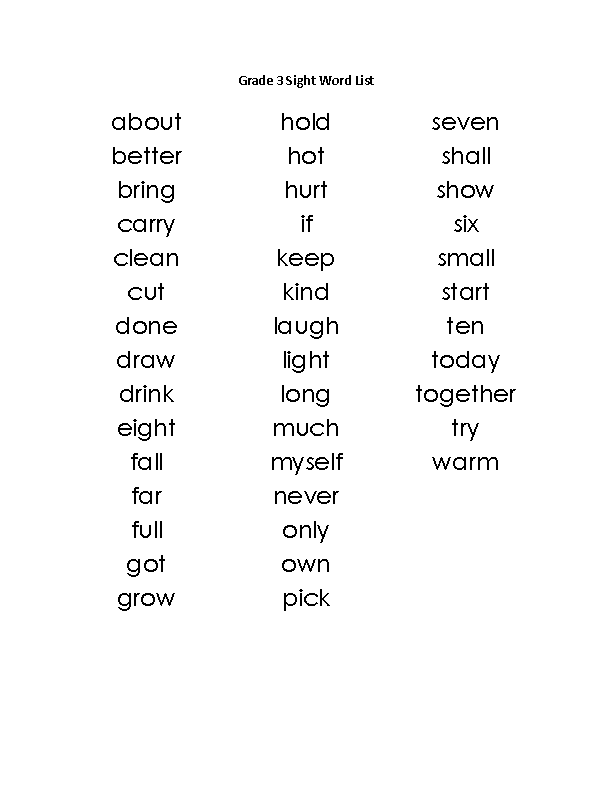 There is no universal approach here. Whoever likes it. But oral memorization is undesirable. Must be written work.
There is no universal approach here. Whoever likes it. But oral memorization is undesirable. Must be written work.
If a child has difficulty memorizing vocabulary words, then it is necessary to use a variety of methods that will include different types of memory and attention.
Methods for memorizing vocabulary words
1. The child must understand the lexical meaning of the memorized word. Check it out.
2. Spelling work on the word:
- stressing,
- highlighting a difficult letter in green,
- sound-letter analysis of the word,
- dividing a word into syllables and for hyphenation.
3.
Written memorization of the spelling of a given word:- spelling of a dictionary word under dictation;
- selection of single-root words;
- making phrases with this word;
- making sentences with this word;
- selection of synonyms, antonyms, riddles, sayings with the given word.
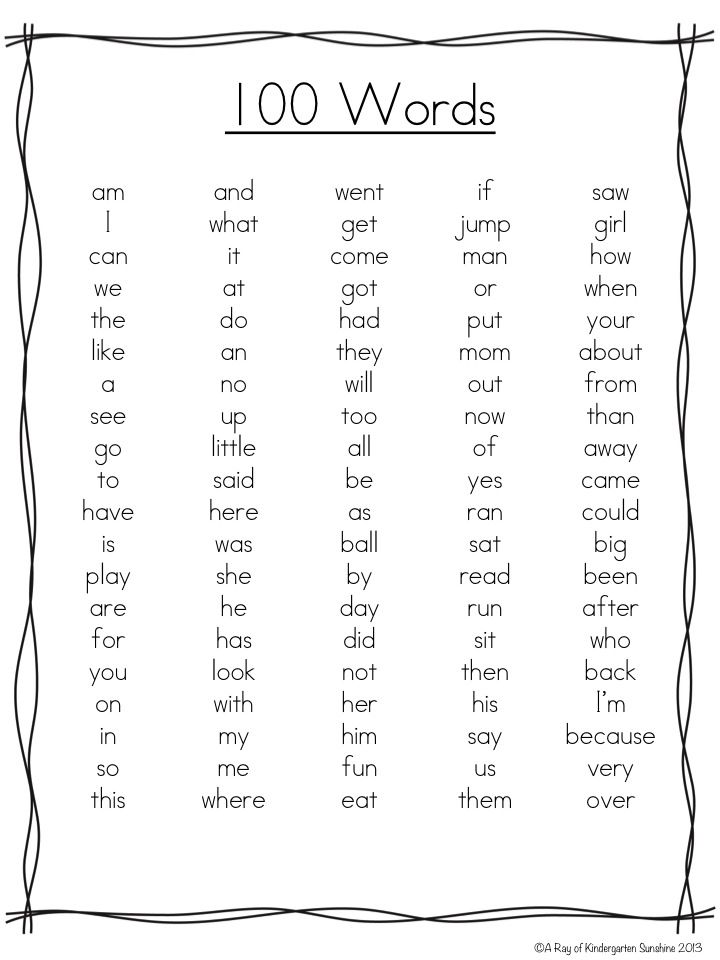
4. Composing a story from a group of vocabulary words.
5. Using the method of associations.
One of the most effective methods of memorizing vocabulary words. The difficult spelling of a dictionary word is associated with a vivid associative image that is remembered when writing this word, helping to write the spelling correctly. A well-chosen word-association becomes a test for a difficult and previously unverifiable dictionary word.
What associative image will be effective?
- An associative image must necessarily be associated with a dictionary word by some common feature.
For example, an associative link can be:
- color;
- location;
- uniform;
- sound;
- action;
- taste;
- material;
- intended use;
- quantity, etc.
2. An associative image or word must have in its spelling an undoubted letter that is dangerous in a dictionary word.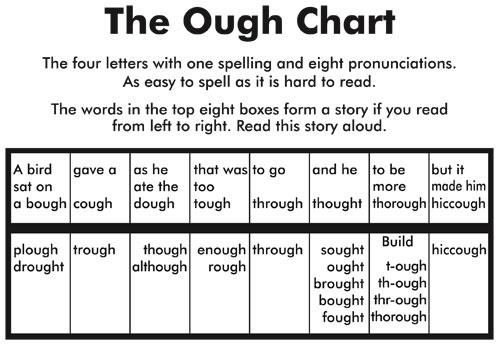
Memory word example:
- Lemon - sour, orange - sweet, guys - children
- Gazeta - paper, pocket - hole, concert - note, choir
- Plant - pipe, ship - white
- cabbage - hare, pencil - line , paper, dog - tail
An example with pictures:
- in the word peas, in place of the memorized letter, you can draw a pea that looks like the letter “O”, and when writing the word “appleOkO”, in place of the letters “O”, depict round apples, in the word "Lunch" replace the letter "O" with a plate.
A child will remember a dictionary word better if he comes up with a link-association on his own!
If it doesn't work, then you can use ready-made drawings, but it is not desirable.
6. For better memorization, you can come up with various tasks.
For example, you can not just write words from dictation, but distribute words into groups. Distribution can be:
- by birth;
- by numbers;
- by declination;
- by parts of speech;
- with unchecked vowels A, O, E, I;
- animate or inanimate objects;
- with an unchecked unstressed vowel;
- double consonant, etc.
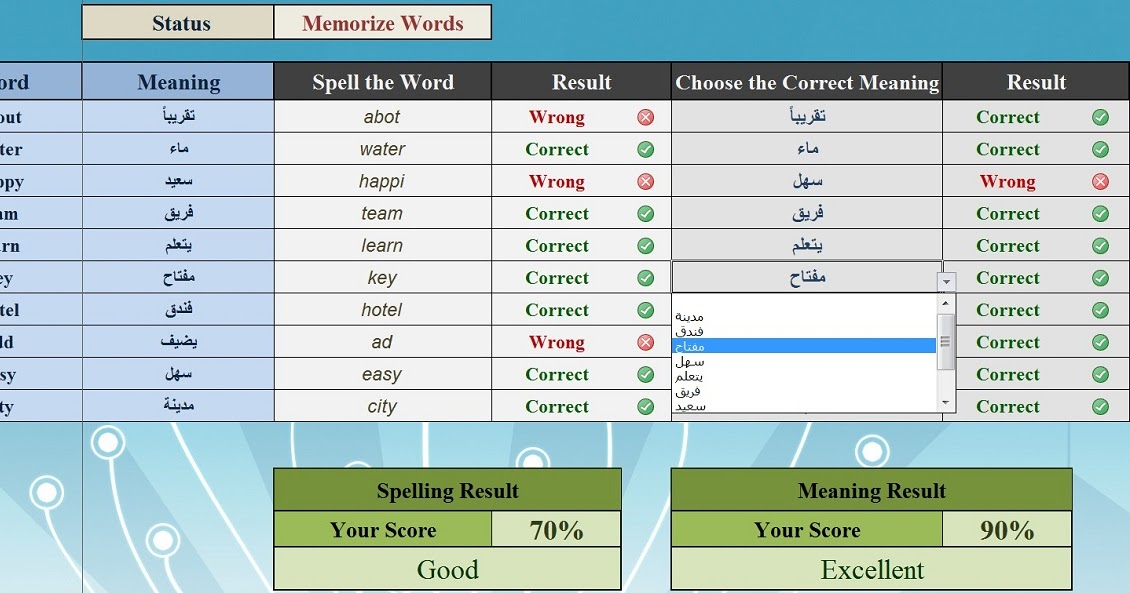
7. A way of writing words with eyes closed.
The child is given the following instruction (do everything with your eyes closed.)
- Close your eyes, imagine this word written in a book.
- Spell him.
- Make the "dangerous" letter blink. What letter is flashing?
- Read slowly as you write.
- Write down this word 5 times, each time say out loud what you write.
This exercise gives children a lot of fun, and most importantly, it involves various organs of information perception and enhances the effect of memorizing words.
8. Photographer Eye Game
The words are printed on strips of paper.
Each word on a separate strip. Printed in large print. The child is shown the word for one second. And then he writes it down from memory. For one game, you can show 5-8 words.
Such a game develops attentiveness, increases interest in learning.
9. Game "Find words"
Two dictionary words are hidden in each line.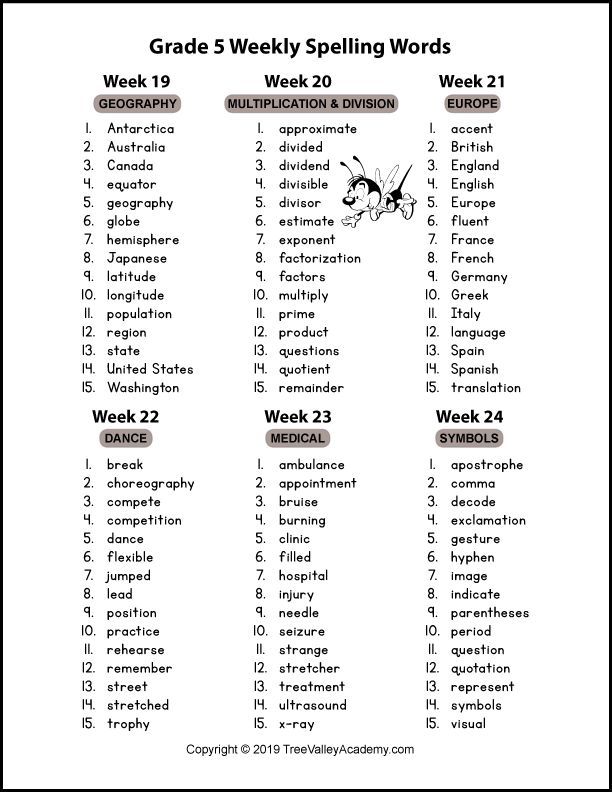 Find them and underline them with a colored pencil.
Find them and underline them with a colored pencil.
For example:
0023 JU D F L D U C E B N I C A M E S I C G A S S O C O M O L O C O T B
T L I S I C A P L E N O PET U H A T A E C H T M O R O Z
N I C O R A B O C I Y K O R E L O P A T A
S V C A P U S T A M A V O D N Y F U Z
M I N O L R O P A T A I V A P E N A L B
K A R A N D A S H N I K O R O M L Y K O T
I T O N G D E J U R N Y S U B O T A
CLOTHES AND P A R A P A L T O S
OVERSEAS O N K I T V A R O P T E
CO M E S I C T I N K E G Y Z Y K T B U J
U L T I A Y F P B
M O H O H I F Y F A C L A S T I U E N M O L O K O
10. The game "Anagrams"
Make a dictionary word from mixed letters. Yes, you can invite the child to compose and write down a sentence with a guessed dictionary word. Or do any of the other tasks listed above.
For example:
d terat
b e vo o r
a t bu s o
i t za za
c o r a s
a vo r n
k uchein
o c a b so
a chk edov
i s ch r t a o v
a b c a c o
zabr e
rg dv
o se le v
l u c h t
o g r
s h r o o i
a r e t y b
y c m s e
cub e n
kzya
i s gapo
mzro
leapn
rete v
o t b s r
r g u v d
sork
y o a
at alp
writing dictionary words and prepare for a dictionary dictation or any other work in the Russian language.
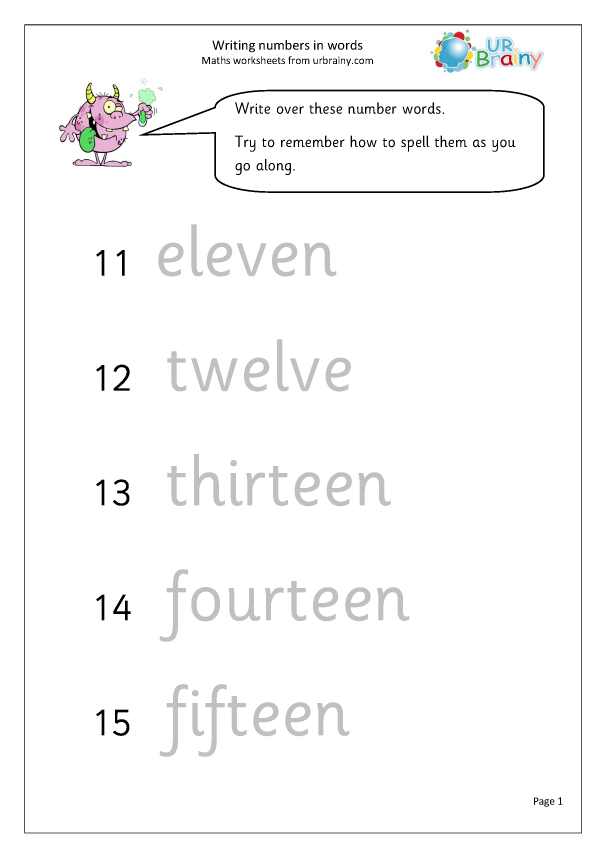
1st grade vocabulary cards
2nd grade vocabulary cards
Vocabulary Cards for Grade 3
Vocabulary Cards for Grade 4
12. Helps that will improve your child's literacy
Good reading technique and reading comprehension is the key to successful study!
Reading and copying neurotexts increases literacy and reading comprehension at times!
Perhaps this is one of the most effective exercises. I offer a very effective manual, which contains such texts.
Olga Naumova "I read well, write well" Autumn
Instead of boring cheating - interest and progress!
The motto of this neurotrainer.
The ability to read and write well is the key to successful studies.
Tasks of the workbook are directed to the development of reading skills and error-free writing.
"Cunning" unusual ciphertexts maximally put the child's brain into work, at the same time developing attention! memory! reading technique! and the ability to write off without errors!
Therefore, we read texts, write them off and complete tasks.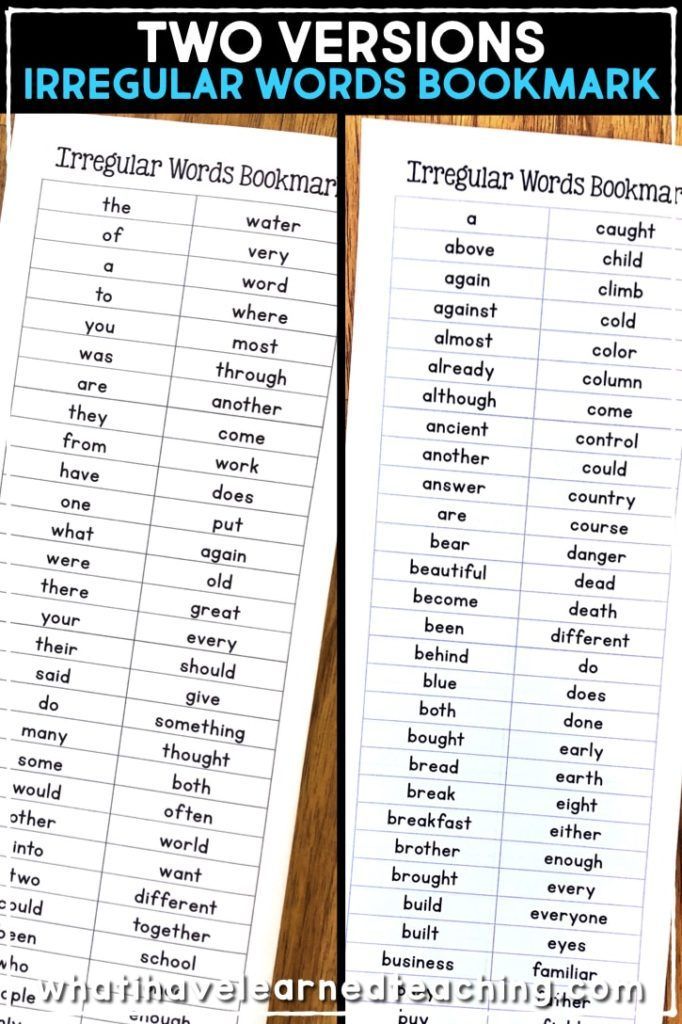
The workbook contains texts of varying complexity with individual assignments.
Who needs this allowance?
• A child who cannot read well;
• A child who makes many mistakes in writing;
• A child with poor attention and poor memory;
• A teacher who wants to diversify lessons and homework;
• A parent who wants to help their child and get an effective tool;
• A tutor who is interested in quick positive results for their student.
How will my child benefit from this benefit?
• Improvement reading technique ;
• Development of reading comprehension ;
• Level Up spelling vigilance ;
• Development attention ;
• Memory improvement ;
• Development of the skill of competent copying of texts;
• Vocabulary increase;
• Development of self-control skills;
• Increasing interest in learning.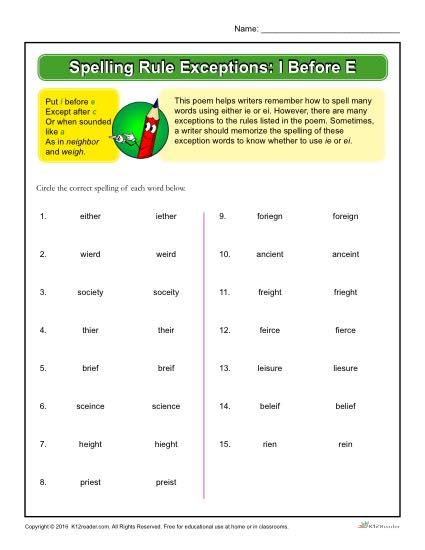
The recommended working method is detailed inside the manual.
PDF workbook, 72 pages.
Recommended age 7+
Suitable for individual and group work.
Download
O. Naumova TRAINING Speed reading and speech development
This TRAINING is useful for every child. It perfectly develops the child's brain!
Convenient and effective training for speed reading and speech development.
- 100 ready-made texts for developing speed reading skills.
- Guaranteed result after passing.
- Best practices.
- Suitable for both individual and class work.
- Interesting texts written by word masters.
- Easy to print.
- Each page contains a separate task text.
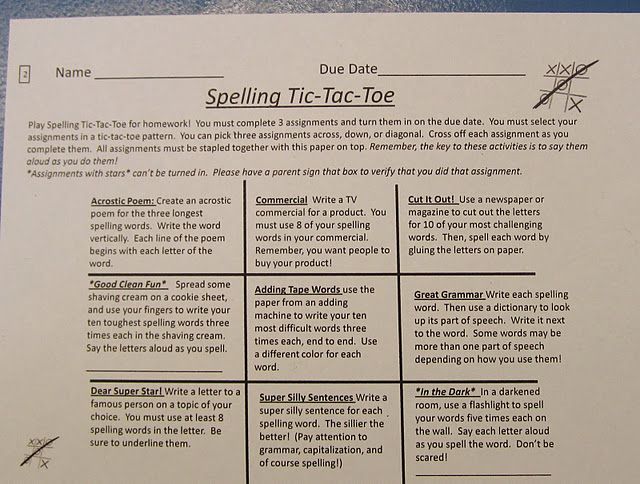
- 180 pages of valuable exercises.
- The most effective tricks.
- 80 pages of additional, most effective exercises for developing speech, speed reading and attention skills.
After completing the training, your child will receive:
- Increased reading speed and quality by 2-3 times;
- Speech development;
- Increased speed of thinking;
- Acquisition of comprehension reading skills;
- Development of attention;
- Improvement in academic performance.
The training can be successfully used by parents, tutors, teachers.
Self-training lessons at home with your child allow you to fully replace classes with a tutor! .
NEUROTRAINING will allow you to productively work out the most common and difficult spelling in the Russian language - unstressed vowels in the root of the word, checked by stress.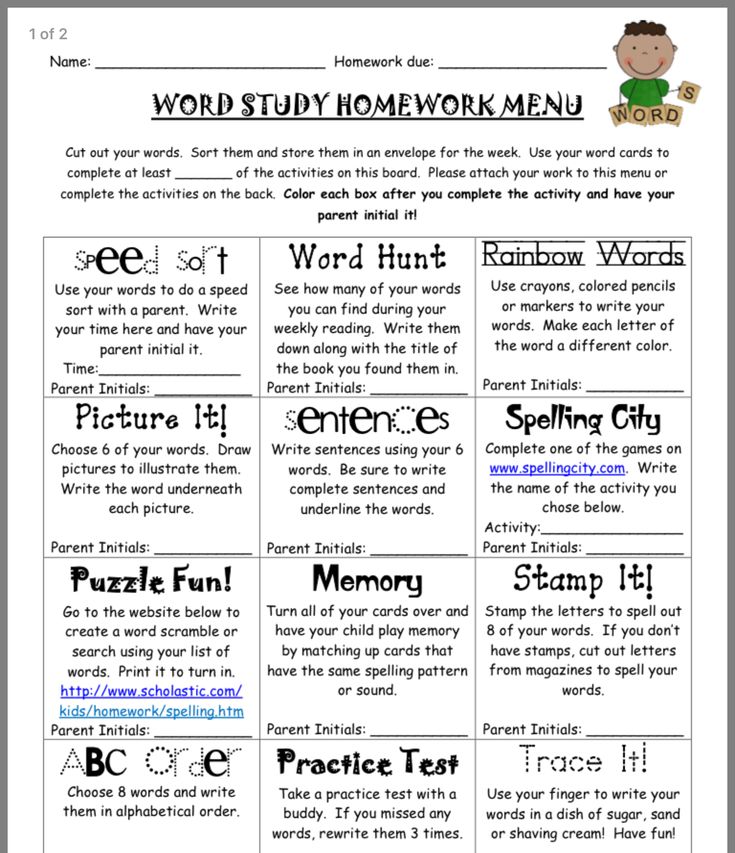
What will the TRAINING give:
- increase in the level of literacy;
- development of attention;
- activation of the brain;
- ability to apply acquired knowledge in practice;
- increase in the speed of information processing;
- speech development;
- memory development;
- improved school performance, etc.
Who needs this TRAINING?
- To a child who makes mistakes in writing;
- Parents who want to understand the topic and help their child;
- A teacher who uses non-standard and effective teaching methods;
- A tutor who wants to increase the effectiveness of their classes many times over.
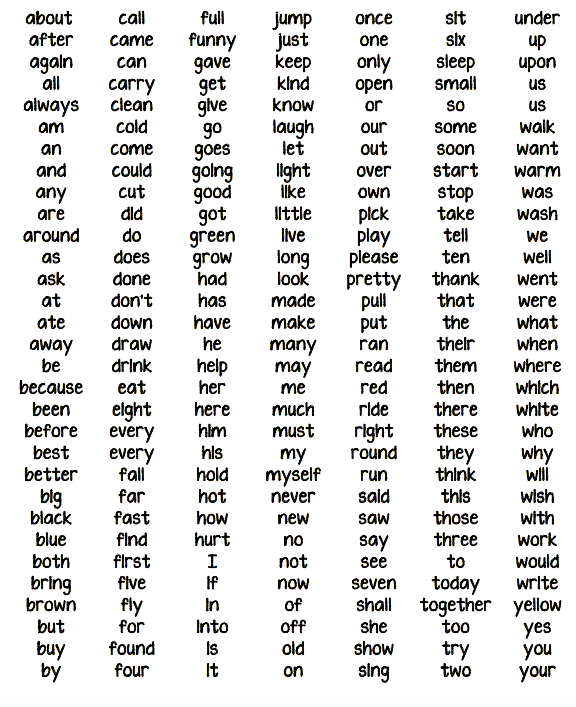
What you will find in TRAINING:
- A well-thought-out and proven system of exercises;
- 200 pages of scores;
- 9 levels of neuroexercises difficulty;
- Non-standard and most effective tasks on the main topic;
- Exercises for the development of speech;
- Additional tasks for exercises to develop knowledge of parts of speech, word composition, division into syllables, the ability to compose sentences, etc.
texts and hear words with unstressed vowels;
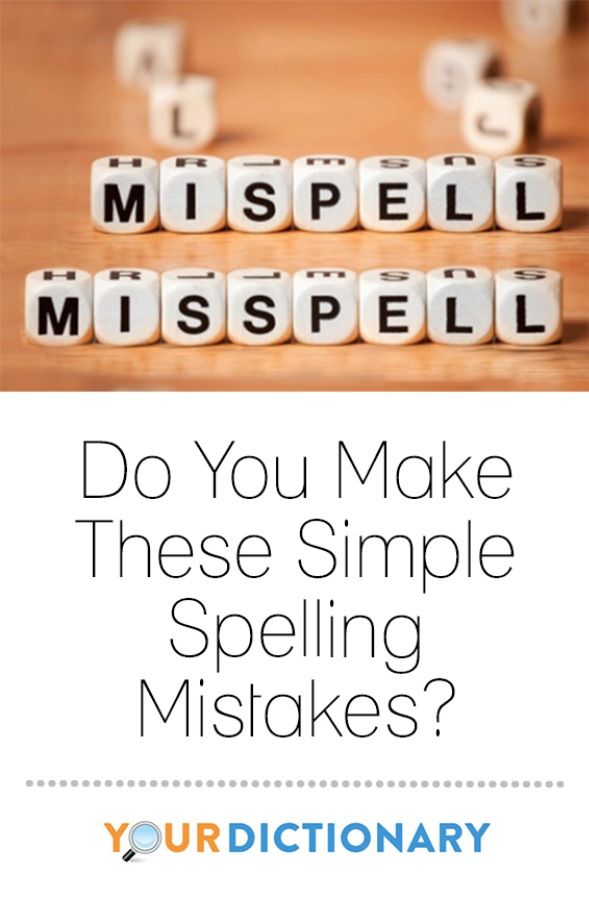
SUITABLE FOR INDIVIDUAL AND GROUP WORK.
Download
Olga Naumova NEUROALPHABIT
Simulator exercises are a real elixir for any brain! During classes, there is an effective development of thinking, interhemispheric connections, attention, memory.
In the simulator you will find:
- 72 exercise tables;
- 9 difficulty levels + complications within each level;
- Clear and easy to follow instructions;
- Author's tables developed and improved during practical classes with children.
Regular exercise will:
- improve thinking and memory;
- make the work of the hemispheres more harmonious;
- develop attention;
- make reading and writing easier;
- increase the reaction rate;
- improve efficiency;
- develop resistance to distractions;
- improve readings in studies.
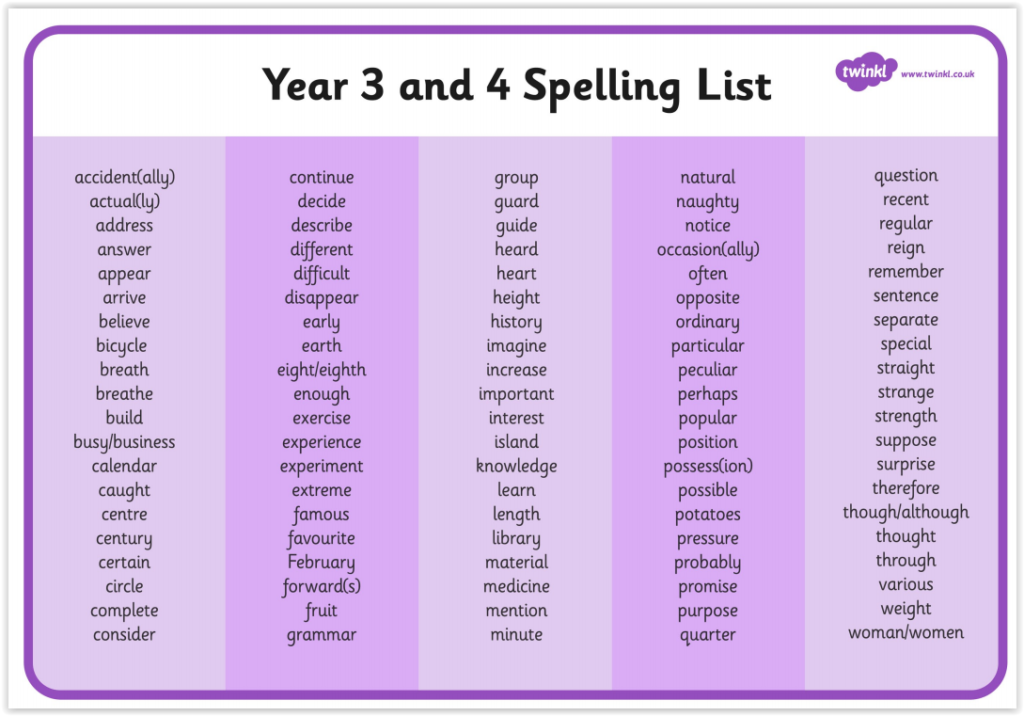
Who needs this machine?
- Any child with any learning difficulties;
- Preschooler in preparation for school;
- A person who wants to improve attention and memory;
- Any child who wants to develop their abilities;
- Any adult who wants to become more energetic and successful.
i.e. exercises will be useful for both children (4+) and adults!
Regular classes will give a visible result very quickly!
Download
O. Naumova "Noisy texts for reading and retelling"
The quality of reading and writing depends on the state of visual perception and attention of the child.
The better the child recognizes visual images, the better he reads and writes more competently.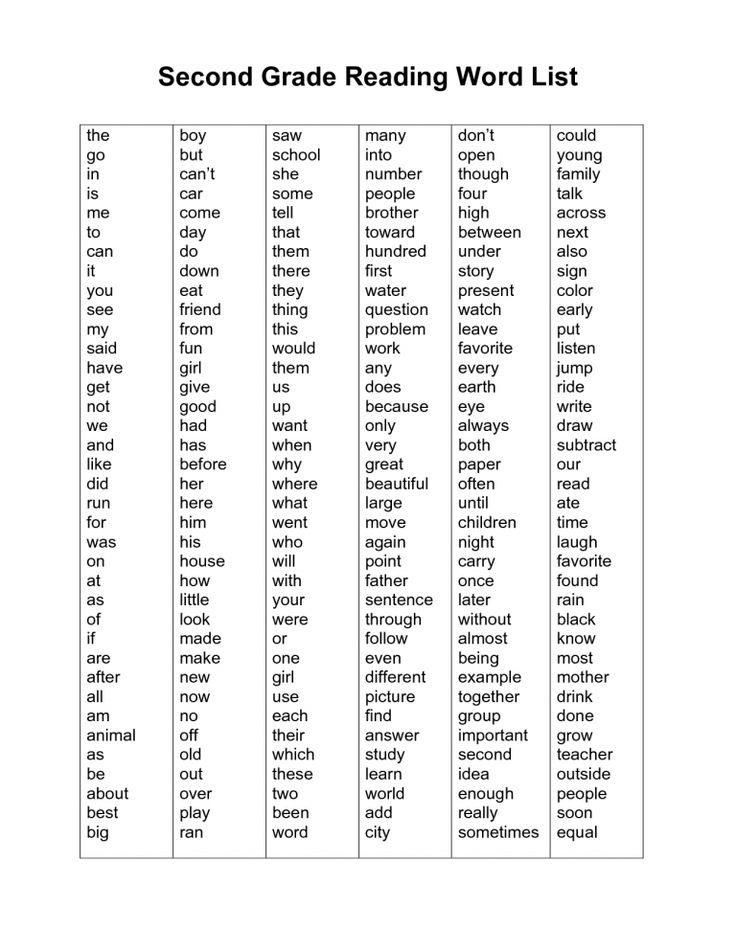
Working with noisy texts engages the child's brain to the maximum and increases the productivity of classes many times over. At the same time, there is a development of figurative thinking, attention, memory, the ability to understand what is read.
In the book you will find:
- Noisy texts with questions;
- Texts with questions for reading, retelling, checking reading technique;
- Method of working with noisy texts;
- High productivity options;
- Exercises for the development of speech and reading comprehension.
As a result, the child:
- increases reading speed;
- attention and memory develop;
- conscious reading skills are developed;
- develop self-control skills;
- speech develops;
- the number of writing errors decreases;
- the process of writing summaries and essays is facilitated;
- improvement of educational performance.
